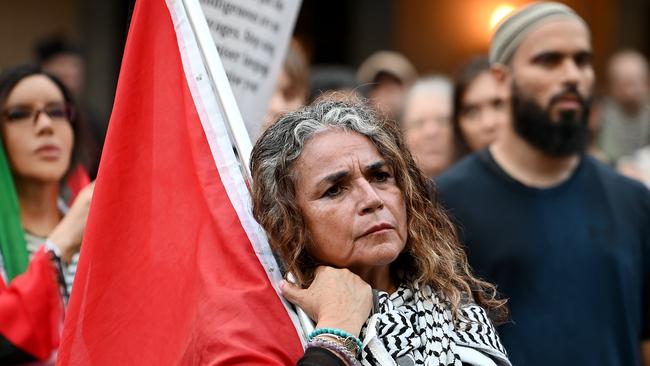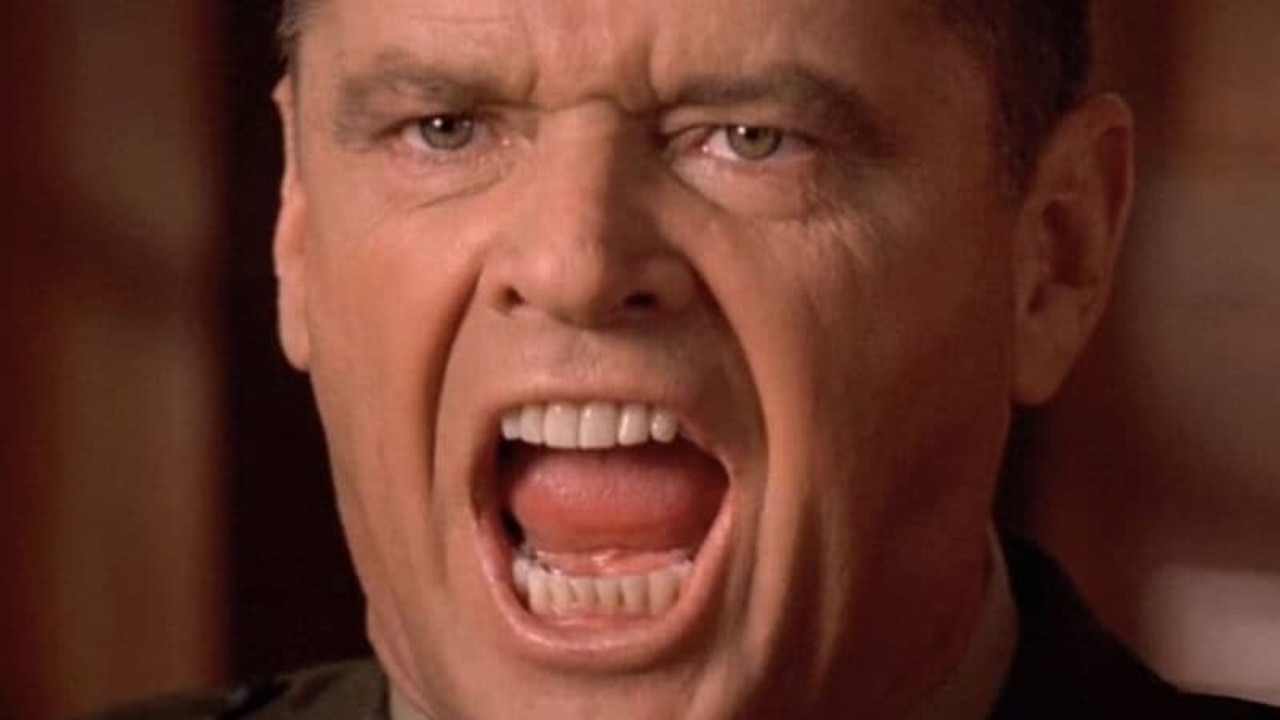Mike O’Connor: Reasons behind the decline and fall of our once great nation
Future generations will look back with despair at this era in Australian history because of our “more money, less work” attitude, writes Mike O’Connor.

Mike O'Connor
Don't miss out on the headlines from Mike O'Connor. Followed categories will be added to My News.
When the history of the decline and fall of the great nation that was Australia is written, how will scholars trace its downward spiral?
Will they tag that point at which a vast percentage of the workforce became so lazy and ill-disciplined that it could no longer entertain the thought of travelling to the workplace and demanded to work from home.
Get up, shower, get dressed and walk to the bus stop?
You must be joking. Employers, led by governments, buckled to their demands and what was a Covid convenience became regarded as an absolute right.
Lifestyle, the historians will note, became the worker’s mantra that superseded diligence and dedication with heavy penalties imposed on those bosses who dared contact an employee one minute after their official clock-off time.

“More money, less work” they chanted as they logged off and stretched back on the couch.
“More money, less work” said the unions and the government said “No worries, comrades” as productivity slipped lower and then lower again.
Maybe they will chart it as beginning at that time when people became so lazy that they could no longer be bothered to prepare meals and instead headed for the nearest takeaway outlet and then, tiring of the effort involved in so doing, picked up their phones and had their calorie-laden meals delivered to their doors.
“More food, less effort” they sighed, sinking once more on to the couch and the nation got fatter and fatter and fatter.

Perhaps the historians will chart this decline from the moment that a prime minister embraced lying as a virtue and the masses in exchange for a handful of silver nodded dumbly and pocketed the proffered coins.
Others might wonder if the moral rot took hold when governments failed to act against the murderous, anti-Semitic outpourings from some Muslim clerics, fearful that if it did it might cost it votes in those electorates with a high proportion of Muslims.
Most people, either ignorant or too self-obsessed to care, shrugged at these outrages and went back to moaning about the price of petrol and groceries.
Holocaust? That’s history, mate. Nothing to do with me.

It was when mobs roamed the streets, others might suggest, assaulting and robbing the innocent while the system supposed to deliver justice and protect them smiled and said, “They’re juveniles. They know not what they do. Release them”, that the once great society began to crumble.
It was the concept of two Australians, other historians might argue, that divided and weakened the nation’s underpinnings for a nation divided cannot but fall.
As they trawl through the archives, they will find that the country became split between the Indigenous and the non-Indigenous, the former demanding special treatment and the latter sensing this went against the principles of democracy.
These historians will pore over the results of the Voice referendum and wonder why, when the people had made their wishes clear, the demands for two classes of Australians to exist continued and with them demands for money and land.

The governments folded and gave away more money and signed away vast tracts of the country and the people’s discontent smouldered and their resentment grew.
Scholars might also note that the nation began its decline at the same time that the churches began to empty and the sports stadiums filled as sport became the new religion.
Grateful for this distraction from the reality of economic decline, politicians built bigger and better stadiums and states outbid each other for the right to hold games, premiers and prime ministers sitting in the grandstands like latter-day emperors as the gladiators took to the field and the crowd roared as the country grew poorer and poorer.

Scholars wondering why, as the wheels of industry began to slow, the government did nothing to avert the looming crisis may find the answer in the cries of the people who demanded more handouts and more subsidies.
So the government gave them more money and they smiled and settled once more back on the couch. “More money, less work” they sighed.
The scholars will also find images of the giant windmills that began to cover the landscape as power stations closed and the country’s leaders held hands and cried “net zero, net zero” and as they did, the lights went out for the last time and darkness enveloped the land and the great country that was once Australia was no more.





